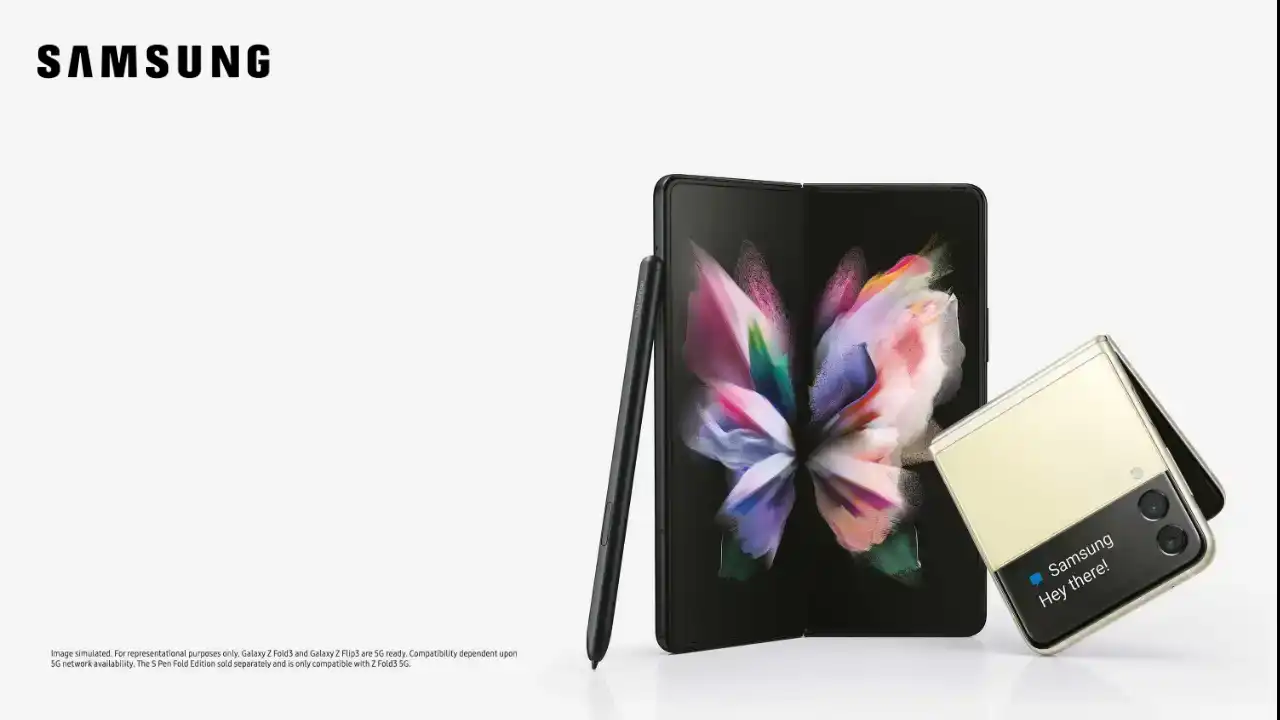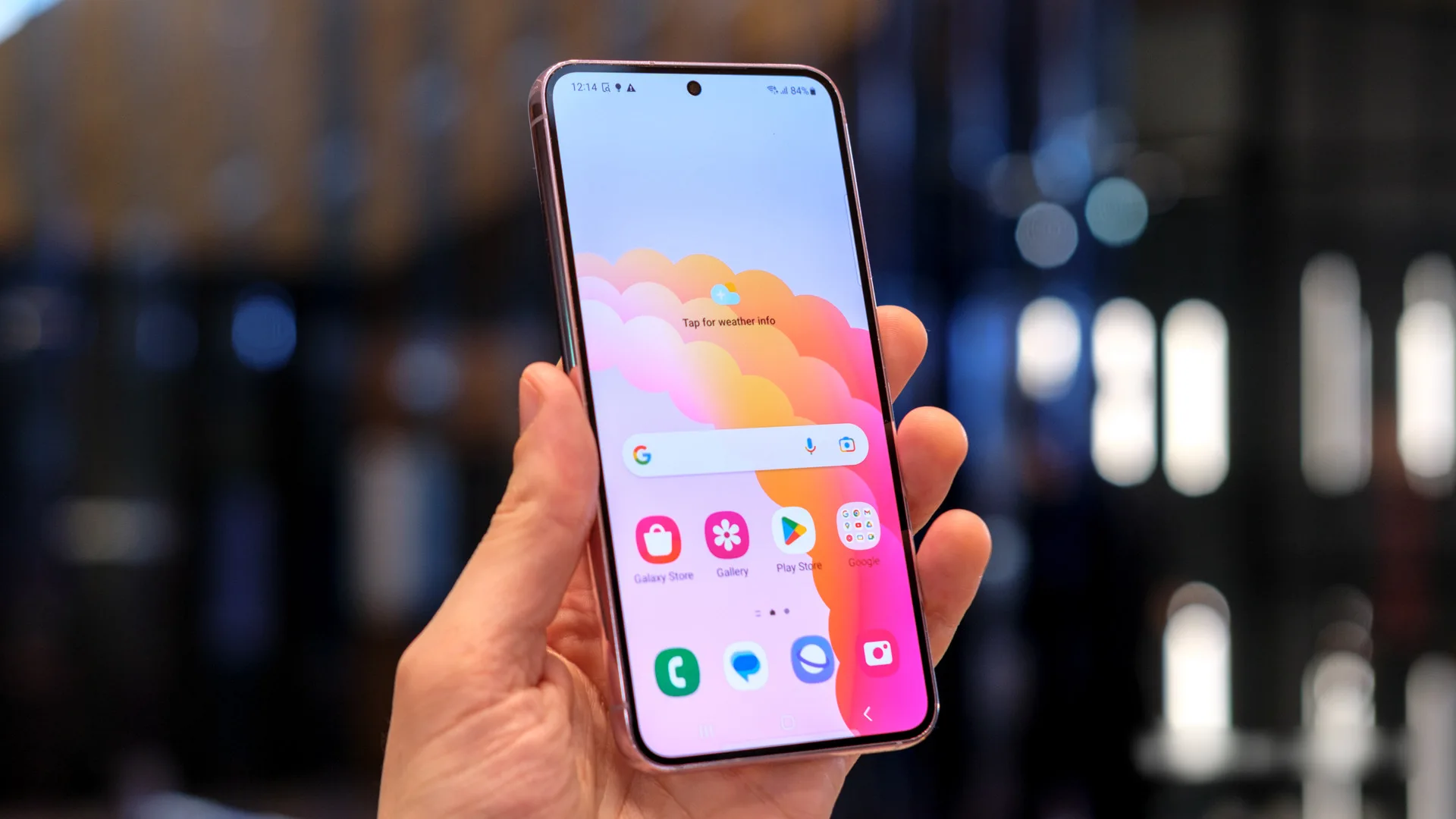News
Intel Enters the 1.4nm Arena, Challenging TSMC and Samsung

Intel is back with a bang, full of enthusiasm for the foundry business. This time, the company is all ready to give tough competition to the rest of the other companies, such as TSMC and Samsung.
To maintain its strong position in the foundry business again, Intel is actively making significant investments. However, Samsung is already facing a struggling phase with TSMC’s dominance of the contract chipmaking segment, and now another competitor is on the ground. Samsung now also has to deal with Intel.
Now the Korean giants are actively increasing the speed of commercialization of quite advanced chip-making processes in a bid to leapfrog TSMC. Although previously the brand confirmed that its 1.4nm fabrication process would be ready until 2027,.
On the other hand, Intel has confirmed that it will begin making chips using the cutting-edge 1.4nm process in the coming years. At the first foundry event, it was announced by Intel CEO Pat Gelsinger that Intel 14A is, for the first time, the brand’s name for its 1.4n process. Whereas Samsung and TSMC have both started making chips on the 3nm process, on the flip side, Intel is already on 5nm, and it’s racing to start 2nm production alongside both bearers till 2025. However, the fact is that the US-based chip manufacturer has a late start to the foundry injury, but still, there’s hope that an increased focus on advanced processes will help it cover up the gap.
Samsung is looking to commercialize the 1.4nm chip until 2027, whereas TSMC is also looking for 2027–2028. On the opposite side, Intel is also looking to get its chips out by 2027. At the moment, TSMC accounts for almost 60% of the contract chip-making industry, and Samsung is in second place with 13% of the market.
However, Intel is already signing up strong clients, for instance, Microsoft. It has already become its first foundry customer by choosing the 1.8nm process of Intel for manufacturing the chips. The CEO of Intel has repeated the aim of the company to become the second-largest foundry in the world by 2030.
Basically, the overall discussion directly hints that Intel is actively working just to overtake the Korean brand ‘Samsung’ in the industry, and somewhere it probably came across in Samsung’s way to expand its share.
News
New Galaxy Phone In Existence: Samsung Galaxy M35 5G Spots On Geekbench

The Korean brand – Samsung has recently announced its two mid-range Galaxy smartphones – Galaxy A55 5G and Galaxy A35 5G. A new benchmark listing has a spot for Samsung’s affordable smartphone, Galaxy35 5G.
Samsung is now gearing up for its next affordable Galaxy smartphone, the M35 5G, as the reports are unvunveilhey have found a new benchmark listing for Samsung the Galaxy M35 5G.
The smartphone has been spotted with the model number as an identification code – SM-M356B on the Geekbench 6.2.2 database. Not only this, but it also confirmed the presence of 6GB of RAM and Android 14 OS. The chipset also came to know which is the latest Exynos 1380.
The codename for the motherboard is also mentioned, which is ‘s5e8835.’ The reports say that it has scored 656 and 1967 points in performance scores on the benchmarking platform. Exynos 1380 is the latest chipset of the Korean brand, which is a 5 nm processor. It consists of 4 Cortex A78 cores, which clock at 2.4GHz, and 4 Cortex A55 cores, which clock at 2.0GHz. It is coupled with a Mali g68 MP5 GPU. It also has an AI Engine.
This also offers connectivity options, which include the latest Bluetooth version 5.3 and Wi-Fi 802.11 ax with three bands. It supports a camera resolution of at least 200MP for capturing images, and for video recording, there is support for up to 30fps 4K recording. The storage supported is UFS v3.1, and RAM will be of the LPDDR4x/5 type.
Samsung has recently debuted its two smartphones, Galaxy A55, and Galaxy A35; the Galaxy A35 5G smartphone is powered by Exynos 1380 chipset. From this perspective, Galaxy M35 5G could be a variant of Galaxy A35.
At the moment, no specs and features of the device have been revealed or leaked. Still, since Galaxy M series smartphones usually have a bit higher battery power of at least 6000mAh, the forthcoming Galaxy M35 5G smartphone also arrives with the same battery power.
Firmware
Verizon rolls out the March 2024 security patch update for the Galaxy Z Fold 3 and Galaxy Z Flip 3 devices

Verizon has rolled out the March 2024 security patch update for the Galaxy Z Fold 3 and Galaxy Z Flip 3 devices. Earlier, these devices had received the same update outside the US, but now they are gradually expanding to the US.
The Galaxy Z Fold 3 and Galaxy Z Flip 3 are spotted getting new updates with the firmware version numbers F926USQS5HXBD and F711USQS6HXBD, respectively. It is worth noticing the update is currently available for the devices locked to Verizon, but it will soon be available on more carriers.
For your information, the latest update for Galaxy Z Fold 3 and Galaxy Z Flip 3 doesn’t bring any significant changes, but as it is the latest security patch, it will provide some internal fixes to maintain the security of the devices.
If you are getting some other issues from the last update, you should also update the device to the latest update, as it may also address some issues. Along with the update, other improvements may also be made to enhance the overall performance of the devices.
Suppose you use the Galaxy Z Fold 3 or Flip 3 device in the US. In that case, you can update the device to the latest version by simply going to the system settings and then to the software update. If you haven’t received the update, you should wait for some time, as it may arrive in the next few days.
Firmware
Samsung rolls out the March 2024 security patch update for the Galaxy S23 FE devices in the US

Samsung has rolled out the March 2024 security patch to almost all devices but still needs to complete the update distribution to all eligible devices. So, gradually expanding the update to remaining devices, the company has started rolling out the update for the Galaxy S23 FE in the US.
Notably, the Galaxy S23 FE devices are getting a new update in the carrier-unlocked version with the firmware version number S711U1UES2BXBF. The update has already been rolled out to almost all carriers, including AT&T, Bluegrass Cellular, C-Spire, Cellular South, Comcast, Cricket, DISH, MetroPCS, T-Mobile, Tracfone, US Cellular, Verizon, and Xfinity Mobile.
According to the official changelog, the March 2024 security patch is one of the standard maintenance updates that provides some internal improvements for the device, and there will be no visible changes available. In other words, users may experience some improvement in the functioning of devices, but it doesn’t particularly bring any specific changes for the device.
Going to the details, the March 2024 security patch includes more than 40 fixes, 37 of which are provided by Google and address the issues found in the Android OS, while 9 more features are introduced by Samsung that enhance the performance of Galaxy devices exclusively.
Suppose you are using the Galaxy S23 FE in the US. In that case, you can update the devices to the latest version by following the simple steps: first, go to the system settings, tap on the software update, and tap on the download and install button; if it shows a new update available, tap on the download button.












